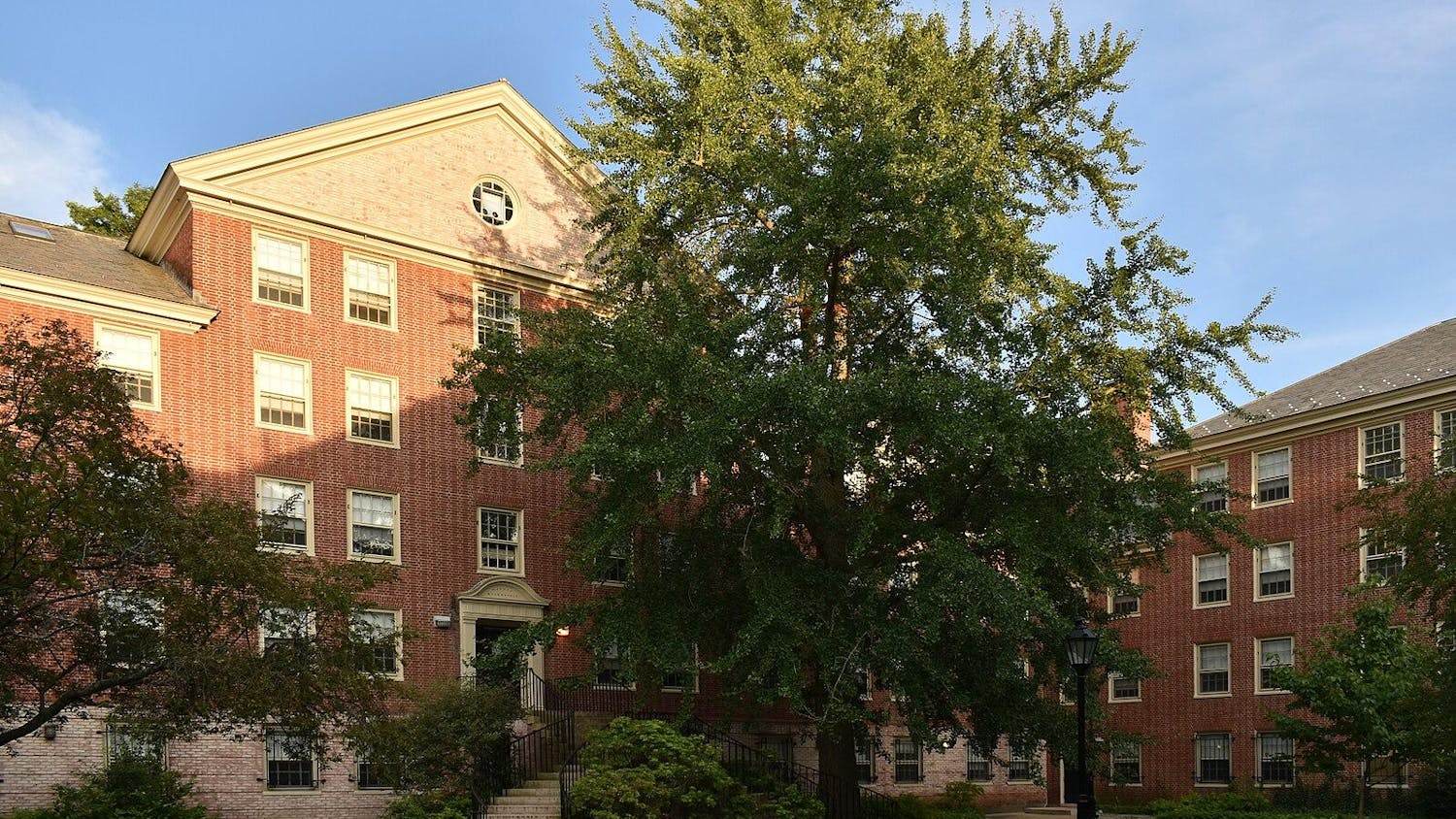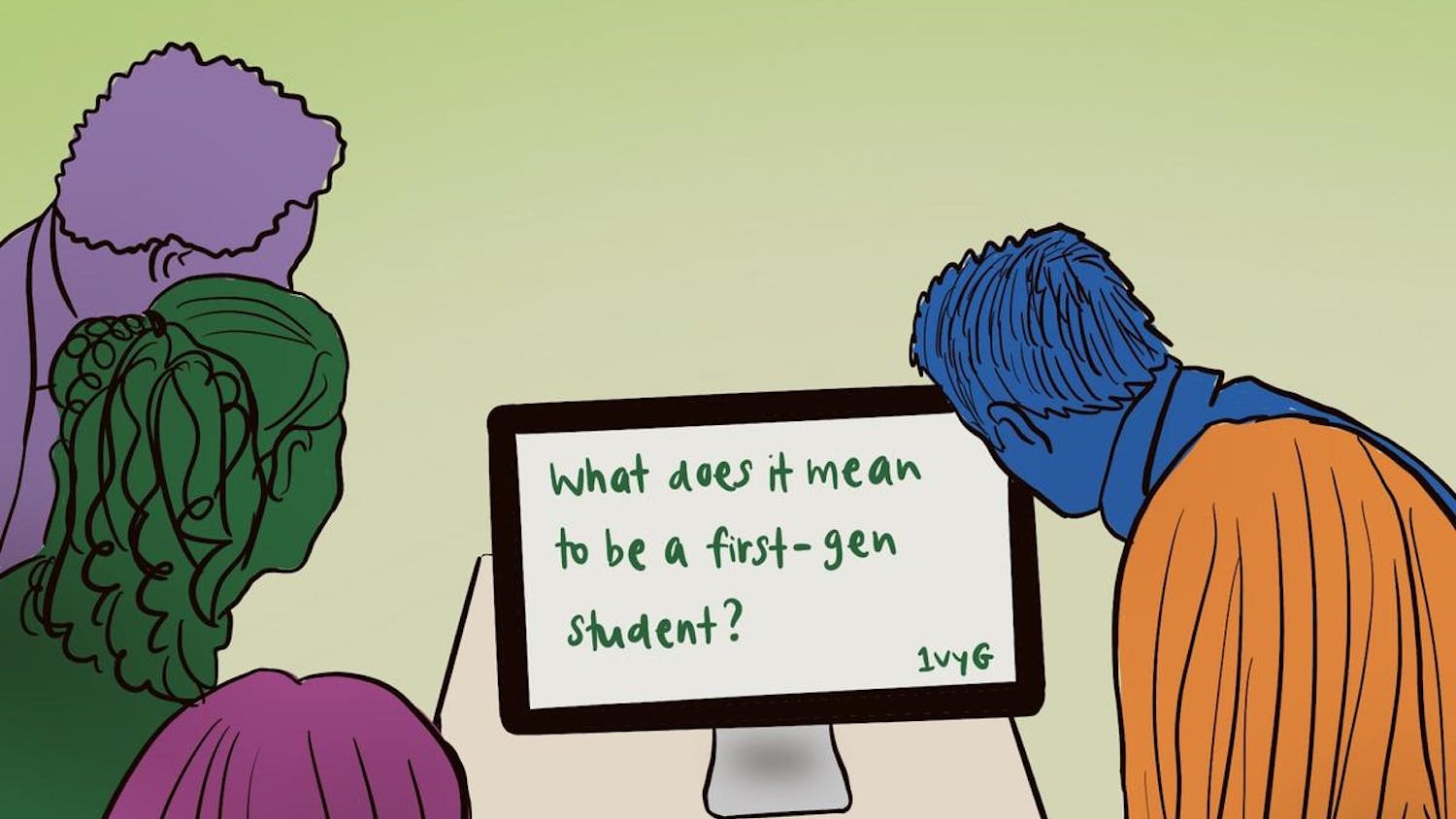After a smattering of widely publicized sexual misconduct cases on its campus in recent years, Yale officials announced last month they will begin providing the university community with details twice each year about misconduct cases filed with the administration.
Though Brown administrators said they have no plans to implement a similar policy, they said the University is already ahead of the curve.
"Yale is doing this partly because there have been challenges that they have not been forthcoming with this," said Margaret Klawunn, vice president for campus life and student services, referring to the recent scandals on Yale's campus. Last March, a group of 16 Yale students and graduates alleged that the university failed to abide by Title IX, a federal gender equality law, by allowing sexual harassment to remain prevalent on campus.
"I think we've done our best to be forthcoming with this information," Klawunn added.
Brown regularly posts case reports on the Department of Public Safety website in compliance with the Clery Act, which requires universities to disclose information about crimes committed on campus and release an annual security report that lists all cases. The 2011 Annual Security Report listed nine on-campus forcible sex offenses in 2010, down from 10 in 2009.
"We feel like we're making the information available," Klawunn said, adding that University adminstrators are communicating with student groups interested in information related to sexual misconduct and have regular meetings of the sexual assault advisory board, which recognizes student input.
These actions accomplish many of the same goals as Yale's new system, just in a different way, she said.
Both Klawunn and Provost Mark Schlissel P'15 emailed the community this fall reiterating the University's sexual misconduct policy, procedures and commitment to ensuring cases of sexual misconduct are properly handled on campus.
Following the U.S. Department of Education's Office for Civil Rights' release of the "Dear Colleague" letter in April detailing Title IX guidelines, the administration made further revisions to the code this summer, though Yolanda Castillo-Appollonio, assistant dean in the Office of Student Life, said it was already "very much in compliance with the letter."
Minor changes included revisions to the appeals process so the complainant and the respondent can both make appeals. The University also "clarified some language in the code to make sure things were understood," Castillo-Appollonio said, adding that University officials are now required to notify involved parties of their decisions in writing.
Calling sexual assault "the most underreported crime across the country," Klawunn said sexual misconduct may be more prevalent than it seems on Brown's campus, as some Yale students alleged of their university. "We know that there are many more incidents, and we're only seeing the ones where someone is interested in coming forward."
The University's sexual misconduct policy is next scheduled for review in the spring of 2015. "If there is a reason to review it before then, any member of the community can come forth and ask it to be reviewed," Castillo-Appollonio said.




